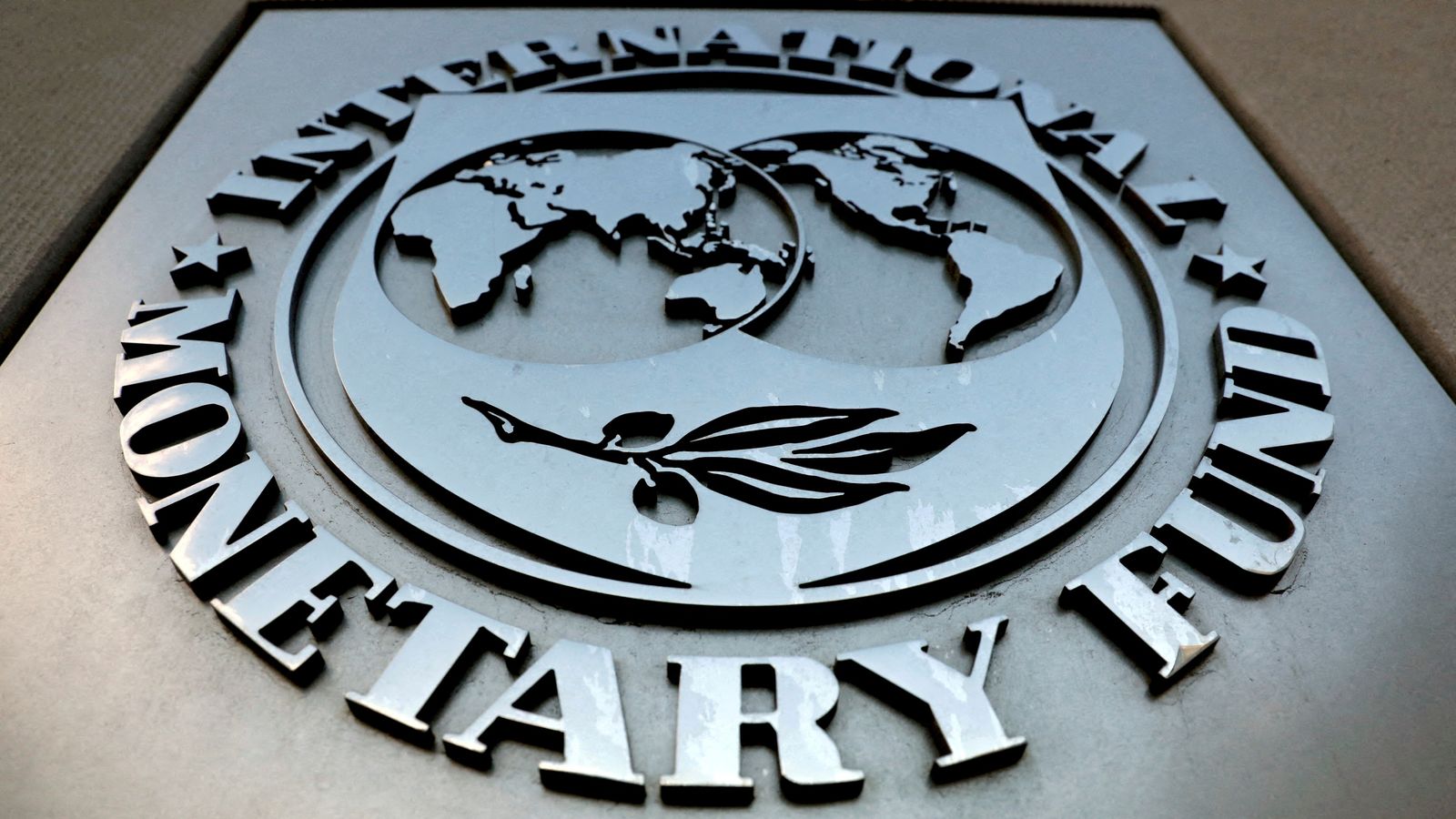Kate Ryder, CEO of Maven, speaking at the CNBC Changemakers Summit in New York on April 18th, 2024.
Danielle DeVries | CNBC
Maven Clinic, a health-care startup for women and families, announced Tuesday that it has closed a $125 million funding round at a $1.7 billion valuation.
The company seeks to offer patients virtual care across their entire reproductive life cycle, whether they are planning a family, pregnant, postpartum or into menopause. Maven has raised a total of more than $425 million, and it will use its fresh capital to invest in its fertility benefits, expand its platform and leverage real-time data to deliver more proactive care to members.
Maven CEO Kate Ryder told CNBC she founded the company in 2014 after watching her friends struggle to find the support they needed while building their families. Ten years later, Maven covers about 17 million lives through its contracts with health plans and employers, including companies like Amazon, Microsoft and AT&T.
“Digital health is just at the very beginning,” Ryder told CNBC.
The company was the first U.S. startup dedicated to women’s and family health to ever reach “unicorn” status, or a valuation of more than $1 billion. Some of Maven’s investors include firms like General Catalyst, Sequoia and Oak HC/FT, as well as celebrities like Oprah Winfrey, Mindy Kaling and Reese Witherspoon.
Ryder said Maven is focusing on its product roadmap for now but that it aims to go public eventually. The company has secured a spot on the CNBC Disruptor 50 list for the last three years in a row.
Couple using Maven Clinic
Courtesy of Maven
Women’s health, especially women’s reproductive health, is a hot-button issue in the upcoming election between Vice President Kamala Harris and former President Donald Trump. Ryder said Maven is open to sharing data and its perspective on policy regardless of which administration wins.
After the U.S. Supreme Court overturned Roe v. Wade in June of 2022, Maven found itself in the spotlight as it worked to help employers navigate the emerging gaps in care. Ryder called the ruling a “devastating step back for healthcare in the United States” in a blog post at the time, adding that its clients could use Maven to reimburse patients’ travel across state lines.
The company saw a 67% month-over-month increase in interest in travel benefits and health-care for pregnant people following the ruling.
That same year, venture investments in women’s health companies ticked up 5%, according to a February report from Deloitte. Maven closed a $90 million funding round that November. Venture funding for the overall health tech market fell 27% during the same period, the report said.
The amount of data available about women’s health is also improving, in part thanks to companies like Maven. In a post-Roe world, however, Ryder notes the information is often bleak, especially as experts are “starting to see a fuller picture of preventable death because of restricted access to care.”
“I think between more funding and research, more data points from states, from platforms like ourselves, you can start to point and paint a complete picture of everything going on that helps change policy for the better,” Ryder said. “The question is, to be honest, when? And how many more people need to needlessly suffer in the meantime?”












